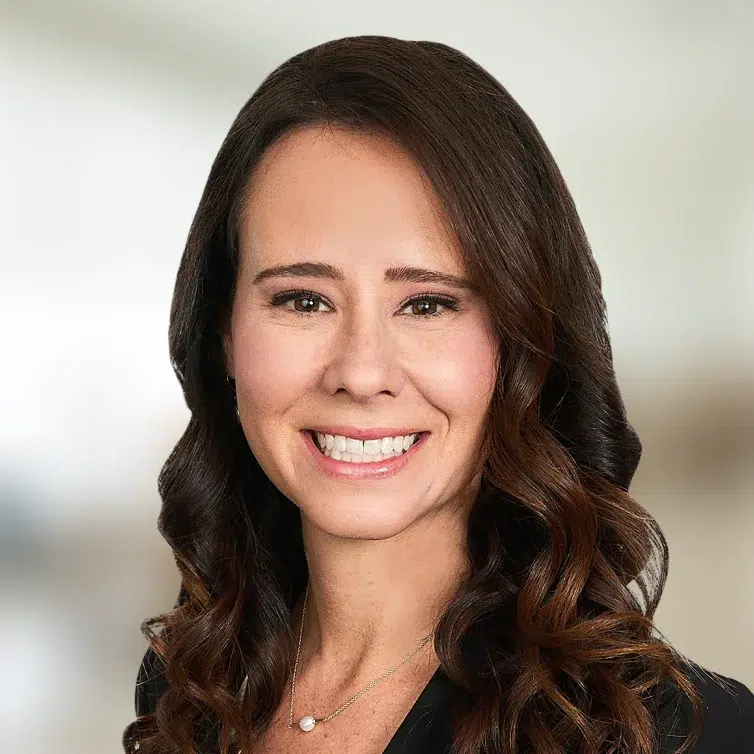
Success is about more than money
It’s common for us to meet family business owners who are convinced, “The income and return potential of my business cannot be matched in the public markets or through other diversified investments.”
In other words, they strongly believe the company they or previous generations steadfastly built is the family’s best long-term asset. While on the surface this belief is understandable and often accurate, it’s important to consider additional factors when it comes to making decisions around a transition of the business’ ownership and leadership.
“There are some analyses that are purely financial, but this isn’t one of them,” says our colleague Phil Kastenholz, a director on our Investment Strategy & Research team. “In these situations, it becomes about much more than evaluating the future income and return potential of the business asset.”
A few additional considerations that should come into play include:
- The child/children’s interest in working in the business
- Their potential ability to earn income from a different source
- The opportunity to sell the business at an advantageous price
- The ability to reduce the risk of the family’s dependence on a concentrated asset
- The time and emotional burden on the current generation of ownership
In short, creating a business succession plan comes down to what’s in the family’s long-term best interests.
Transferring wealth vs. transferring a business
While it’s true that a company run successfully could mean solid income for future generations, perhaps it’s best to view it more as solid opportunities.
We work with a current generation of family business owners who have done an excellent job growing the company during the last several decades. They have enjoyed a healthy income stream, and the value of their business has also grown. They are now struggling with the decision to sell it to a third party, at a potentially attractive value, versus waiting for their adult children to decide if they are interested in and prepared to commit to the business. Perhaps the passions and life interests of the children lie elsewhere, and they are more likely to earn a healthy income and lead a fulfilling lifestyle by following a different career path.
Factoring in the children’s future earning potential in another career along with the sale price of the family business could lead to a better financial outcome and healthier family dynamics, especially if the kids are not passionate about the business. In a worst-case scenario, if the business fails, the family neither favorably monetizes their substantial asset, nor provides career or financial security for the children.
“Owners generally underestimate the risk of family businesses and overestimate the investment return by undervaluing the time they spend working at the company,” Phil adds.
If transferring the business to family is not the optimal plan, then shift focus to evaluating a strategic opportunity to sell, the future risks and opportunities for your valued employees, and your personal life goals in general.
We rarely see successful business owners transition into a retirement of pure leisure. A big reason why owners succeed is their passion to make a difference in whatever is important to them. Once the business is no longer the main focal point, entrepreneurs often pursue other income-generating activities or volunteer. What you plan to do next also needs to be part of your succession decisions.
Another family we serve decided to sell their third-generation business because they saw the market becoming more competitive and were concerned their children didn’t want to commit to careers in a small, midwestern town. Ultimately, they sold the business during a market peak, and their children went on to successful, rewarding careers in big cities.
Does it have to be all or nothing?
Many owners view the future of their company as either sell or hold. But in reality, there are other options to partially reduce your risk from the concentration of ownership while staying involved in the company.
You could empower existing employees or bring in capable new hires to run the business while you maintain ownership and benefit from the business’ net income. You could also consider selling a portion of the business to a competent partner who would handle day-to-day management, leaving you with more time and money to focus on family or other personal goals. Maybe an IPO is an option, enabling you to maintain partial ownership and transfer stock shares to relatives or charities.
Even something as simple as selling the business but maintaining ownership of the real estate can lead to income derived from the future success of the business under new ownership, yet meaningfully reduces the risk of being the sole owner.
Deciding when to stay the course
And then sometimes, maintaining full ownership of the business and passing it on to family upon retirement or death is the best plan. Because there are so many options, walking through a holistic planning process — with your wealth manager, estate planning attorney, business attorney and accountant — will confirm what’s in the best interests of current and future generations. Strategies for accumulating diversified wealth and the eventual transfer of the business from one generation to the next are brought into focus and optimized with a team approach.
We’ve seen that by helping business owners through this process, they proceed with confidence knowing they are making thoughtful and informed decisions for themselves, for future generations and for the business.

 Talk to us
Talk to us 














